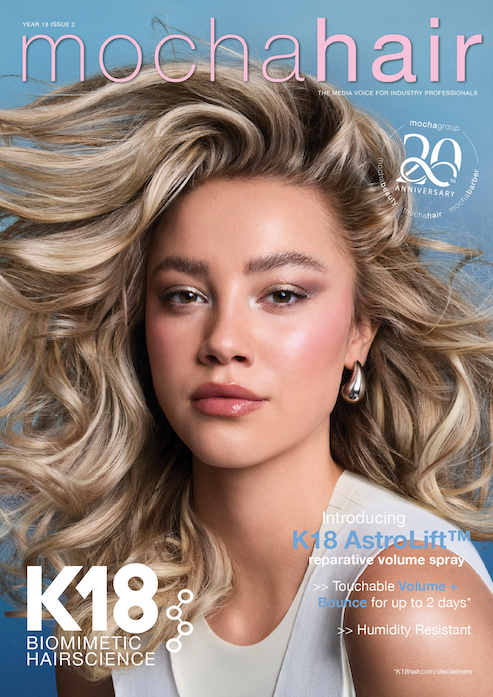By Stefanie Milla CEO & Director – Aesthetic and Beauty Industry Council (ABIC)
There are moments in an industry’s evolution that signal more than just procedural updates, they indicate a fundamental shift in how we must operate, communicate, and care for those we serve.
Right now, the beauty and aesthetic industry is in the middle of such a shift.
From advertising restrictions to licensing reforms, prescriber access debates, and national classification changes, our sector has been hit with a relentless wave of regulation.
While many of these changes aim to improve safety and integrity, for business owners, the pace and scale of reform have created real fatigue. Many are telling ABIC that they feel anxious, confused, and increasingly stretched between compliance demands and the day to day reality of running a business. Clients are asking questions. Teams are unsure what they can and can’t say. And the sense of clarity we all once had is starting to blur.
In latest developments, the Therapeutic Goods Administration (TGA) contacted ABIC to advise of a new national compliance campaign, focused on the advertising of cosmetic injectables.

Led by the Targeted Compliance Unit (TCU) within the Regulatory Compliance Branch, the campaign will begin by contacting 50 businesses and individuals who have been reported for potential advertising breaches. Each will receive:
– A Guidance Letter explaining their advertising obligations under current law
– A Top 10 Fact Sheet outlining the most frequent mistakes made when advertising injectables
Those contacted will be given four weeks to voluntarily review and amend their advertising content. During this time, the TCU will monitor for changes. If ongoing or deliberate breaches continue, further action may be taken. Additional reported entities will be contacted in future rounds.

Why does this matter, even if you don’t perform injectables?
Because the TGA’s compliance rules apply to any business that promotes or implies access to prescription only cosmetic products.
That means even if you’re a salon or spa that simply rents a room to a nurse or partners with a prescriber, you can still be held responsible for advertising breaches under your brand or platform.
What you need to know:
1. Do not advertise prescription only substances or biologicals. These include botulinum toxin, hyaluronic acid, and any product listed under Schedule 4 of the Poisons Standard.
2. Focus on the service, not the product
Promote the overall cosmetic or aesthetic service without referencing the therapeutic good used to deliver it.
3. Avoid substitute terms, acronyms or nicknames
Terms like “anti-wrinkle injections” or “lip flips,” even without brand names, are still considered promotional and are not permitted.
4. Always check the rules before referencing a therapeutic good. Therapeutic goods that contain S4 ingredients cannot be mentioned in public-facing marketing.
5. Educational content must be factual and balanced. Content aimed at educating consumers must not promote outcomes. It must clearly present risks and benefits.
6. Before-and-after photos are not always allowed.
If a result implies the use of a prescription only substance, that imagery may be considered a breach.
7. Booking systems must not promote S4 goods or pricing. If your online booking platform includes references to injectables or prices, it may be classified as an ad.
8. Ensure all social media content, past and present, is compliant. Historic posts are still considered public advertising and must be reviewed and amended if necessary.
9. Your business name must not refer to S4 goods
Names or branding that imply the availability of prescription products are not permitted.
10. If unsure, seek professional guidance. Responsibility rests with the advertiser. Use official TGA guidance, visit the TGA website – www.tga.gov.au or contact ABIC for support.

To assist, ABIC has made the official TGA resources available via our Member Resource Library.
ABIC strongly recommend conducting a comprehensive audit of your website, social content, booking systems, business name, and staff communication protocols to ensure your practice is compliant.
The tone and intent of your messaging, even around co-located or partnered injectable services, matters now more than ever.
These changes may feel heavy. But moments like these are not just about compliance, they are about acting with clarity, responsibility, and unity.
ABIC will continue to advocate and liaise with the TGA and provide the industry with updates, support, and access to the right tools to adapt.
If you’re already a member and need help interpreting your obligations or reviewing your advertising, reach out to us directly at www.info@theabic.org.au
And if you’re not yet a member, now is the time to join the collective voice standing for the future of our industry at www.theabic.org.au/memberships







